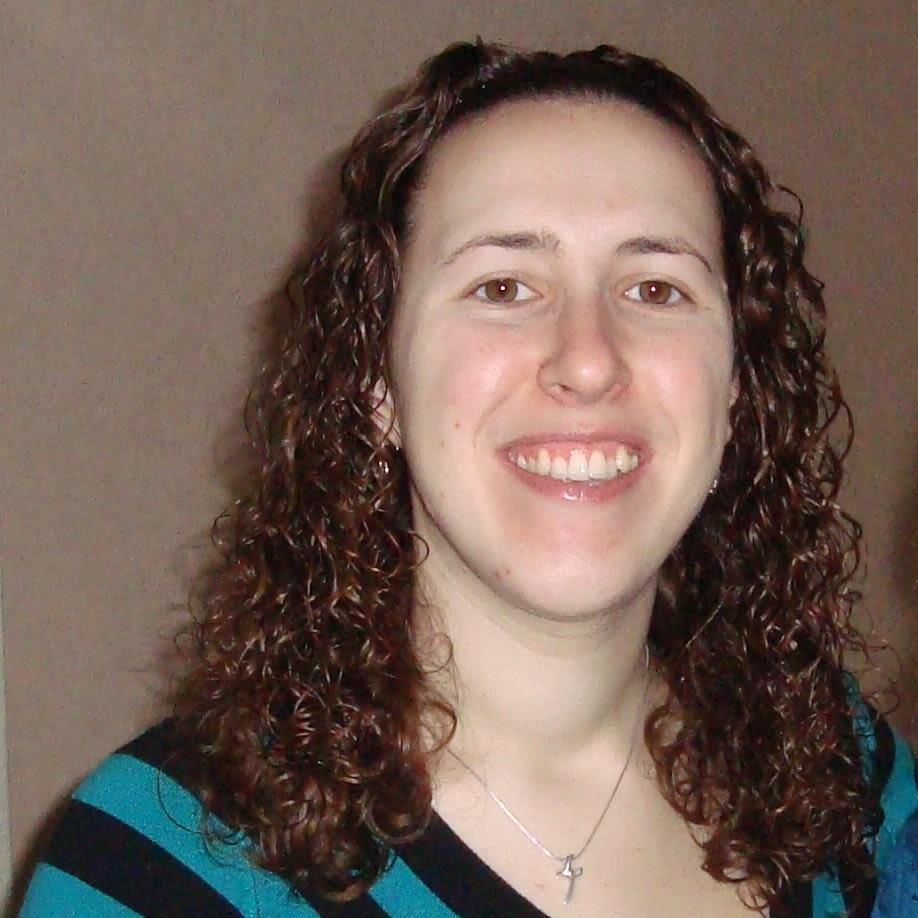
Hayley Davis
Post-doctoral researcher
Research summary
We have shown the involvement of components of an important pathway called the Bone Morphogenetic Protein (BMP) pathway in colorectal cancer. We have shown that patients that have aberrant GREM1 expression have widespread colonic polyp formation that often leads to colorectal cancer development in a condition called Hereditary Mixed Polyposis Syndrome (HMPS)
To further assess the pathogenesis of HMPS we have generated a transgenic mouse model. This mouse develops a profound polyposis with lesion morphology that is very similar to the human condition and I am primarily involved in characterising this phenotype and its mechanism of action. I am also interested in exploring recent advancements in ex-vivo intestinal cell culture as an adjunct to mouse models in studying intestinal stem cells.
Recent publications
Davis H, Lewis A, Behrens A, Tomlinson I (2013) Investigation of the atypical FBXW7 mutation spectrum in human tumours by conditional expression of a heterozygous propellor-tip missense allele in the mouse intestines. Gut, May 15. [Epub ahead of print].
Leedham SJ, Rodenas-Cuadrado P, Howarth K, Lewis A, Mallappa S, Segditsas S, Davis H, Jeffery R, Rodriguez-Justo M, Keshav S, Travis SP, Graham TA, East J, Clark S, Tomlinson IP (2013) A basal gradient of Wnt and stem-cell number influences regional tumour distribution in human and mouse intestinal tracts. Gut. 2013 Jan;62(1):83-93.
Davis H, Tomlinson I (2012) CDC4/FBXW7 and the “just enough” model of tumorigenesis. J Pathol. 2012 Jun:227(2):131-5.
Jaeger E, Leedham S, Lewis A, Segditsas S, Becker M, Cuadrado PR, Davis H, Kaur K, Heinimann K, Howarth K, East J, Taylor J, Thomas H, Tomlinson I (2012) Hereditary mixed polyposis syndrome is caused by a 40-kb upstream duplication that leads to increased and ectopic expression of the BMP antagonist GREM1. Nat Genet. 2012 May 6;44(6):699-703.
Lewis A, Davis H, Deheragoda M, Pollard P, Nye E, Jeffery R, Segditsas S, East P, Poulsom R, Stamp G, Wright N, Tomlinson I (2012) The C-terminus of Apc does not influence intestinal adenoma development or progression. J Pathol. 2012 Jan;226(1):73-83.
Davis H, Lewis A, Spencer-Dene B, Tateossian H, Stamp G, Behrens A, Tomlinson I. FBXW7 mutations typically found in human cancers are distinct from null alleles and disrupt lung development.(2011) J Pathol. 2011 Jun;224(2):180-9. Shortlisted for the 2011 Jeremy Jass Prize for Research Excellence in Pathology
Babaei-Jadidi R, Li N, Saadeddin A, Spencer-Dene B, Jandke A, Muhammad B, Ibrahim EE, Muraleedharan R, Abuzinadah M, Davis H, Lewis A, Watson S, Behrens A, Tomlinson I, Nateri AS (2011) FBXW7 influences murine intestinal homeostasis and cancer, targeting Notch, Jun, and DEK for degradation. J Exp Med. 2011 Feb 14;208(2):295-312.
Lewis A, Segditsas S, Deheragoda M, Pollard P, Jeffery R, Nye E, Lockstone H, Davis H, Clark S, Stamp G, Poulsom R, Wright N, Tomlinson I (2010) Severe polyposis in Apc(1322T) mice is associated with submaximal Wnt signalling and increased expression of the stem cell marker Lgr5. Gut. 2010 Dec;59(12):1680-6.
Recent publications
-
Functional analysis reveals driver cooperativity and novel mechanisms in endometrial carcinogenesis
Journal article
Brown M. et al, (2023), EMBO Molecular Medicine
-
Author Correction: Epithelial TGFβ engages growth-factor signalling to circumvent apoptosis and drive intestinal tumourigenesis with aggressive features
Journal article
Flanagan DJ. et al, (2023), Nature Communications, 14
-
Epithelial TGFβ engages growth-factor signalling to circumvent apoptosis and drive intestinal tumourigenesis with aggressive features
Journal article
Flanagan DJ. et al, (2022), Nature Communications, 13
-
Dynamic and adaptive cancer stem cell population admixture in colorectal neoplasia.
Journal article
Vasquez EG. et al, (2022), Cell stem cell, 29, 1213 - 1228.e8
-
Molecular phenotyping of colorectal neoplasia shows dynamic and adaptive cancer stem cell population admixture
Preprint
Vazquez EG. et al, (2022)

